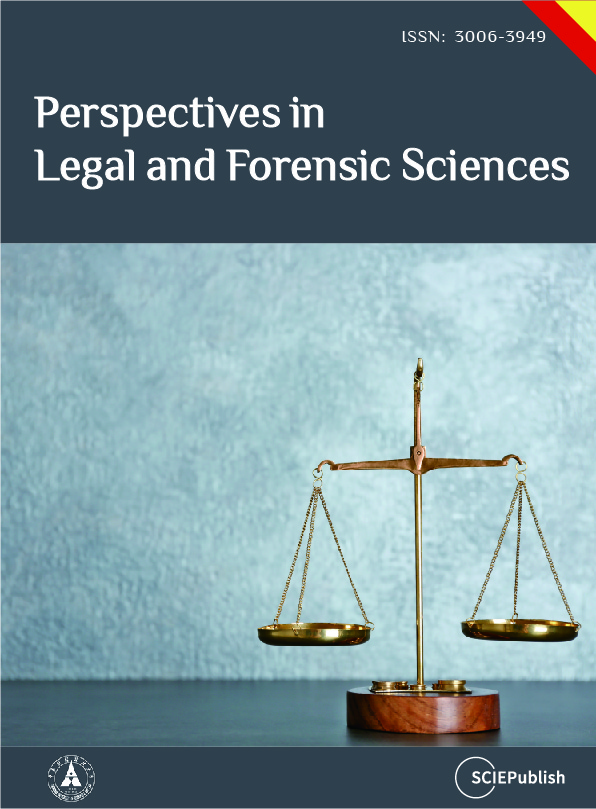Found 1 results
Article
07 November 2023Use of Bibliometric Methods to Verify the Credentials of Expert Witnesses in Forensic Science and Legal Medicine and the Dilemma of Multiple-authorship
Expert testimony is an important part of criminal and civil litigation whenever scientific evidence needs to be explained and interpreted for the judge and jury. Those appearing in court as expert witnesses must possess the necessary qualifications, skill, training, and experience for the task in hand. Unlike a lay-witness, an expert witness is allowed to render an opinion based on their own specialized knowledge and research. In the adversarial system of justice, expert witnesses are hired by opposing sides in a case and this causes confusion when they disagree about the strengths and weaknesses of the scientific evidence presented. Choosing the best expert witness is often a difficult task and making a wrong decision has sometimes led to wrongful convictions and miscarriages of justice. Success in science is tightly linked to the quantity and quality of a person’s scholarly publications in academic journals in some particular area of research and scholarship. This article describes the use of a publicly available citation database to investigate the publication and citation records of British forensic practitioners with “legal and forensic medicine” (LFM) as their primary or secondary research category. How to attribute credit to individual names on multi-authored articles is a major problem in science and academia. Six different citation metrics, including authorship position on highly cited articles, were used to derive a composite citation score (c-score) for each highly cited scientist. Such bibliometric methods could prove useful in jurisprudence when reviewing the qualifications of people suggested to serve as expert witness in court cases.
